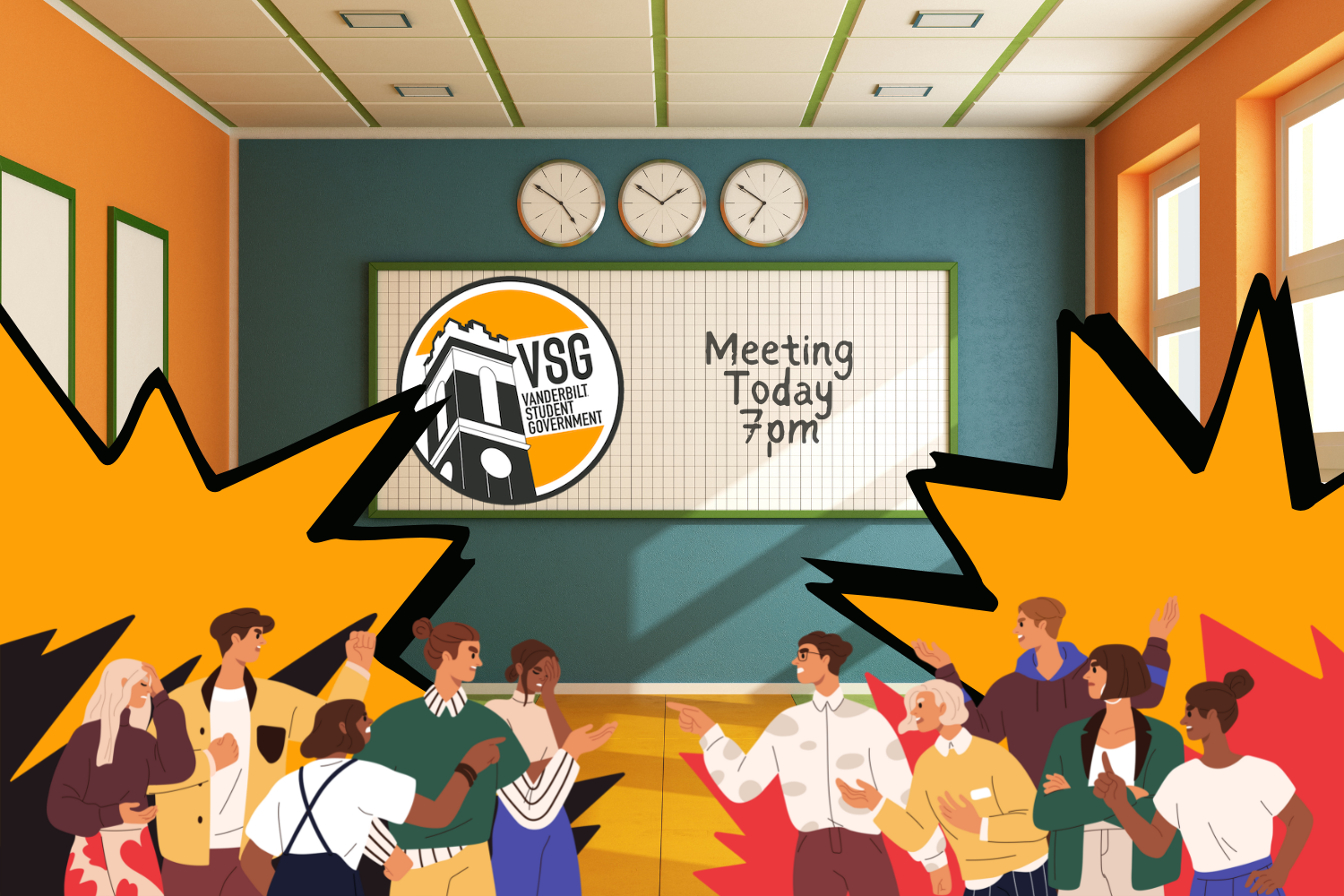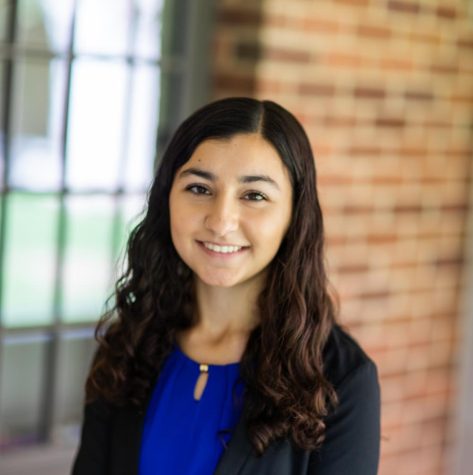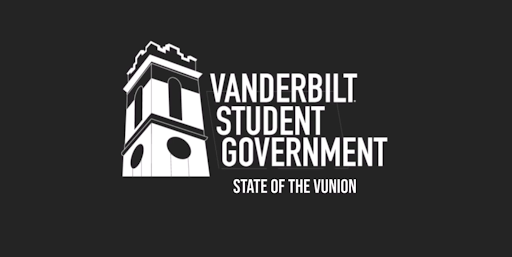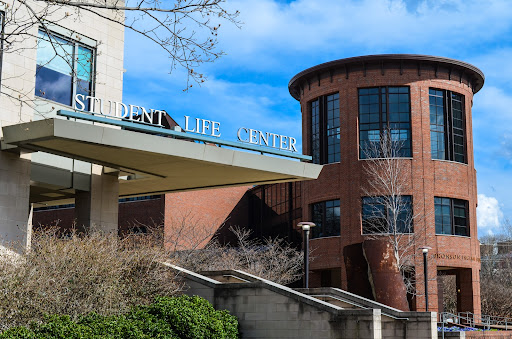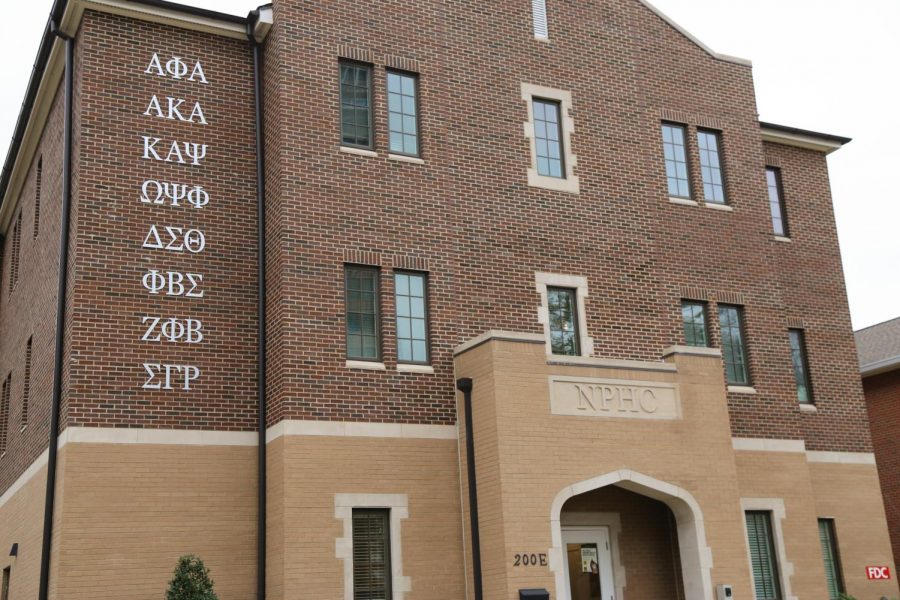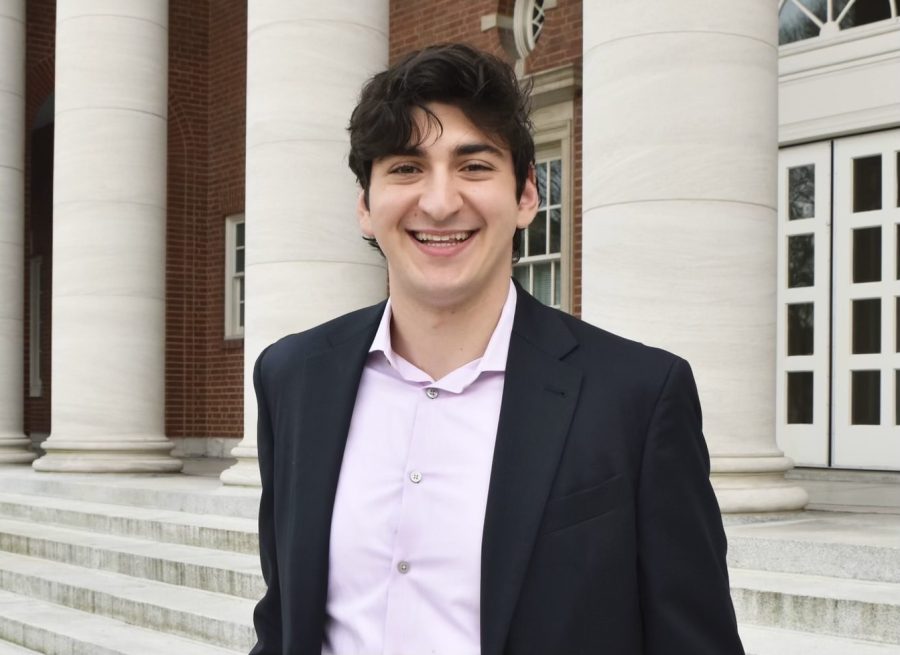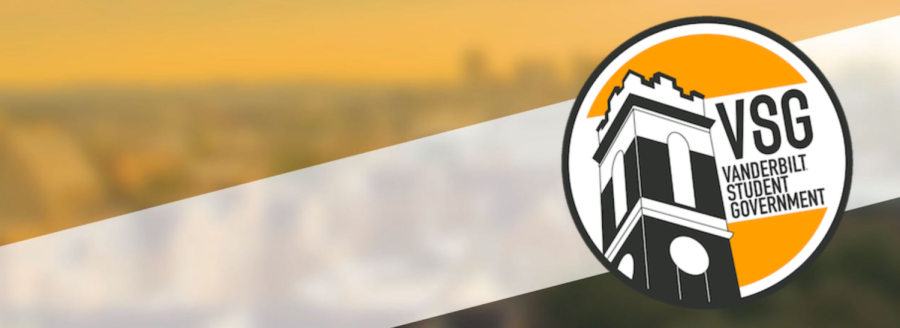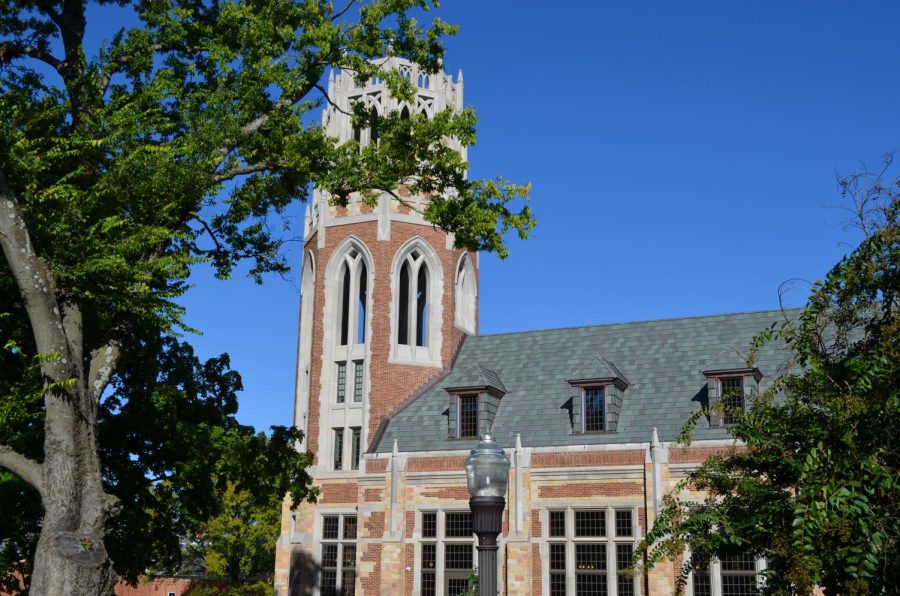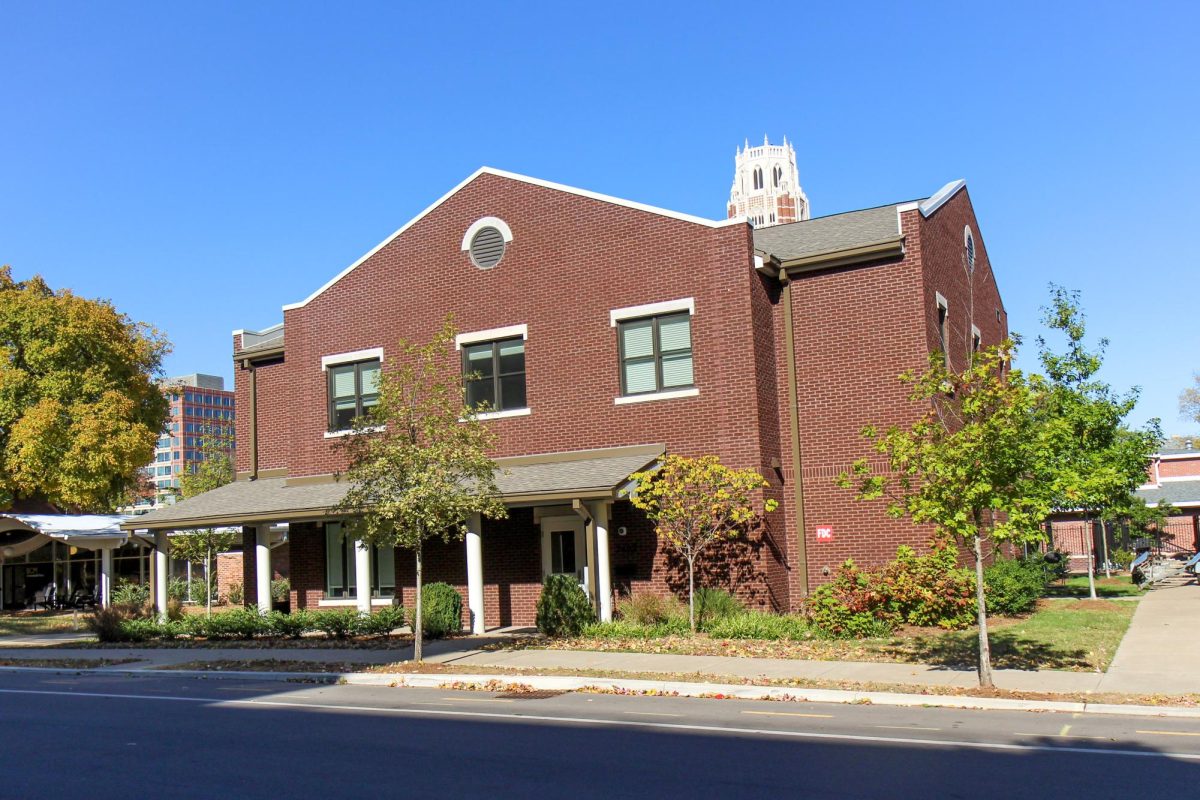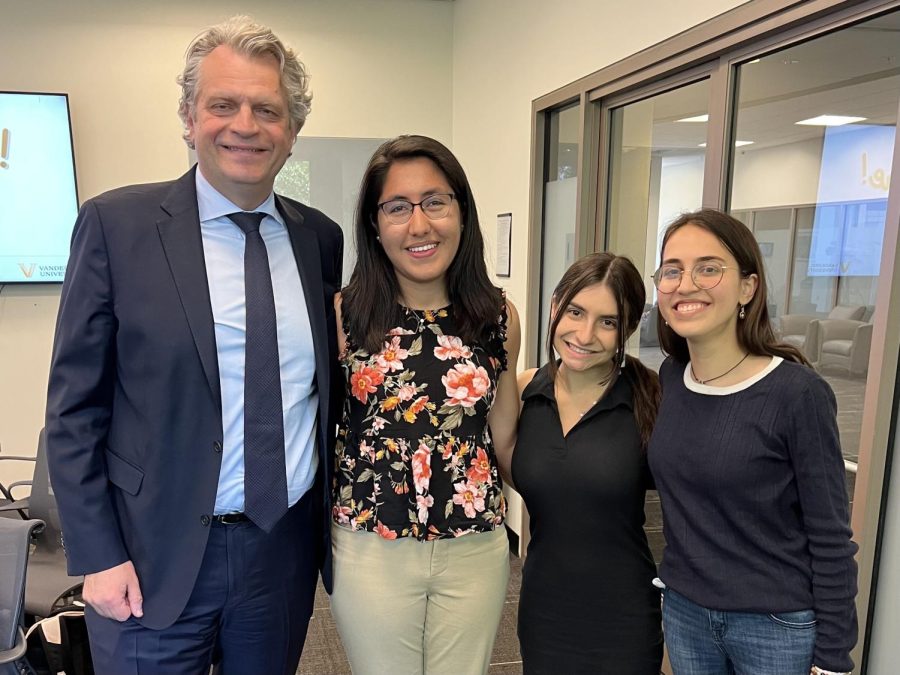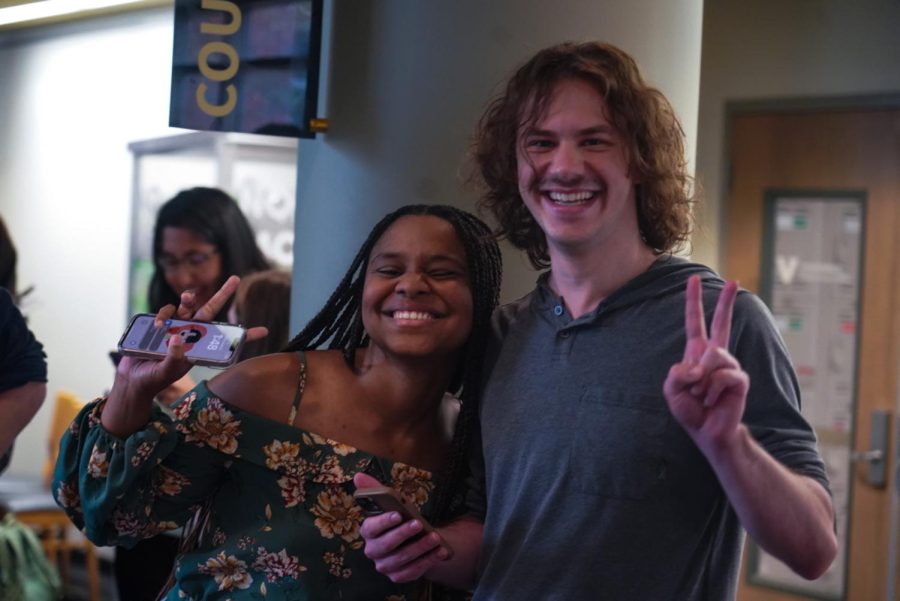Fossil fuel divestment remains a distant fantasy. We have yet to see an update on the “no more plastic” initiative. Most of the student body is uninformed about VSG’s initiatives and the results of its promises. Rand still isn’t open for dinner, and the organization wasn’t nearly as involved in improving Campus Dining as its grand ribbon cutting at Rothschild Dining Hall promised.
It’s about time that we address our student body’s burning question: Does VSG really do anything?
I spoke with several VSG Committee Chairs, as well as Vice President and junior Ari Sasson to address this question. I found that idealistic goals and internal controversy—including the alleged deletion of last year’s Google Drive— have made it difficult for our student government to define itself and hone in on their purpose. As a result, VSG continuously fails to communicate their progress and address student needs.
Our campus’s most prominent organization is having a major identity crisis, and we need to do something about it. Student demands for change will only work if VSG puts politics and false promises aside to listen to the student body, outline their purpose and prioritize the planning necessary to achieve it. Three of VSG’s major projects—free menstrual products, campus dining improvements and sustainability—reveal how the organization operates and the problems with this structure.
VSG free menstrual products program
Have you seen the pad and tampon dispensers in bathrooms across campus? This is an initiative of VSG’s Campus Services Committee.
Caleb Boyer, a junior at Vanderbilt and the current chair of this committee, explained how this program began through a collaboration with university administrators in Spring 2021. He and Eghosa Eguakin met with the Dean of Students G.L. Black and spent the summer writing a proposal evaluating the costs, potential suppliers and other factors relating to providing free menstrual products to the student body.
The committee also worked with Plant Operations to initially set up 40 dispensers and eventually expand to the 124 you can find in bathrooms across campus today.
In the U.S., 1 in 10 college students struggles to afford menstrual products. VSG’s initiative has been instrumental in overcoming this disparity. Boyer explained how the committee has ordered replacements for jammed dispensers and began using ReadyApp, which students can use to report when a dispenser is jammed or empty.
However, this initiative has some significant flaws, mainly due to a lack of communication with the student body. For instance, before writing this article, I didn’t know of ReadyApp, nor that there is a list of the locations of the pad and tampon dispensers across campus.
Boyer explained that his committee operates based on mostly “unofficial” student feedback, such as suggestions and texts from committee members’ friends. Because VSG lacks a centralized method of collecting student feedback, the free period product program lacks student input and few students know what exactly the initiative is trying to accomplish. It prioritizes the opinions of people who know VSG members.
Furthermore, VSG’s goals and the goals of the student body are misaligned. While the committee achieved its goal of providing pads and tampons to students who can’t afford them, students often express discontent about the quality of these items. That is the cost of not defining your purpose based on student needs.
Campus Dining improvements
VSG President Amisha Mittal, a senior, cut the ribbon for the grand opening of Rothschild Dining Hall on Aug. 26. But, did VSG really play a role in making this dining hall a reality?
Improving Campus Dining was another project of the Campus Services Committee. Boyer explained how he talked with his friends who have various dining preferences and restrictions to provide input to Campus Dining Head Chef Jordan Rogers. Rogers considered this input in designing Rothschild’s menu. Once again, VSG does not represent the student body but people with connections to the organization.
Many groups have a stake in informing Campus Dining—from Campus Dining Consultants to the Vandy parents Facebook group to individual students. If VSG doesn’t solicit feedback from a wide group of students in their work with Campus Dining, they’re not doing more than any other group of five students who get together and write a strongly worded email.
VSG needs to prioritize widespread feedback from students about Campus Dining and collaborate with groups like Campus Dining Consultants. Representing constituents is what separates a government from an interest group.
Moreover, if VSG does not have the bandwidth to represent students to Campus Dining, they need to accept and communicate that. Having an identity means knowing who you are and who you are not, and knowing what sets apart the work that you do. VSG needs to honestly communicate their purpose and abilities—not cut the ribbon at Rothschild Dining Hall when VSG had no unique effect on the opening.
Sustainability
Divestment from fossil fuels is one of VSG’s most prominent talking points this year. VSG’s current President and Vice President, Amisha and Ari included divestment as one of their platforms while running. However, efforts toward divestment continue to be in vain, and when VSG gets caught up in the single platform, it is harder for it to accomplish smaller, important victories.
During the past two years, Geena Han, a Vanderbilt sophomore, has worked on the Environmental Affairs & Facilities Committee, which she now co-chairs. She explained that the emphasis on divestment and other controversial issues can draw attention away from where real change is feasible. VSG has successfully replaced all campus light bulbs with LED bulbs and created a free thrift shop to reduce fast-fashion waste. However, many students are unaware of these victories. Instead of promoting their successes, VSG discourse often espouses divestment, sparking backlash when they don’t achieve it and preventing them from hearing achievable goals that the student body wants. VSG hides its real activities behind a pretty, unrealistic facade of progress.
Even beyond the controversy of divestment, some of VSG’s sustainability successes may also be overblown. Consider the “No More Plastic” initiative on VSG’s website that claims to eliminate 400,000 plastic water bottles per year. In reality, we can only verify that the program gave a metal water bottle to every first-year student. Many of these students likely already had a metal water bottle or still use plastic ones. They eliminated plastic water bottles from dining halls but plastic cups remain in wide use. There is simply no verification of this environmental achievement.
Internal politics and identity
In addition to a lack of clear and representative communication and unrealistic goals, the internal politics of VSG have also derailed its progress. Sasson claimed that the organization’s entire Google Drive was wiped last year for reasons Sasson alleged were related to the transfer of power after an intense election.
“There’s currently no information in the Google Drive that the student government used for the entirety of last year,” Sasson said. “I’m not entirely sure what happened to it, but it was wiped shortly after the election last year.”
He explained that “political motivation” has made it difficult for VSG to maintain knowledge of its progress. The wiping of the Google Drive results in no record of what VSG achieved last year, where they left off and what is unfinished—including for issues such as divestment.
“Last year, we had someone who did have divestment as one of their initiatives, but I think they deleted that folder,” Han told The Hustler.
Hannah Bruns (‘22) and senior Kayla Prowell, the 2021-22 student body president and vice president, respectively, did not respond to The Hustler’s reqests for comment regarding information being deleted from the VSG Google Drive during their administration.
So, does VSG do anything?
From installing menstrual product dispensers throughout the school to improving the menu at Rothschild, the members of VSG are certainly passionate and speak up for what they believe in. That being said, their failure to gauge the needs of the student body representatively or define and communicate their purpose is a problem. As a result of internal politics and poor organization, they often preach idealistic goals to the student body, yet fail to define what projects are worth their energy or record their progress in a way that would benefit the student body.
To overcome these shortcomings, VSG first and foremost needs to implement a centralized way to collect feedback from the student body. Then, it needs to center committee work around these concerns, and communicate this work on its website and in elections rather than what they think students want to hear.
VSG’s identity has been lost under unrealistic goals and internal controversy, and they need to recenter their focus on student needs to define who they are as an organization. Only when VSG resolves its identity crisis and communicates who they are with the student body will it be able to turn student demands into reality and get credit for it, creating a better future for our university.


